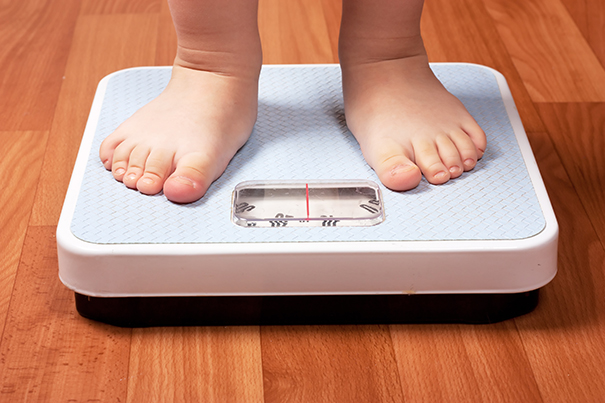New York– Aiming to lose some extra weight around your waist? Read on. According to the researchers, eating dinner late at night can lead to high blood sugar levels and put people at increased risk of being overweight.
According to the study, published in the Journal of Clinical Endocrinology & Metabolism, over 2.1 billion adults are estimated to be overweight or obese which makes health complications like diabetes and high blood pressure more likely.
Some studies suggest that consuming calories late in the day is associated with obesity and metabolic syndrome.
“This study sheds new light on how eating a late dinner worsens glucose tolerance and reduces the amount of fat burned. The effect of late eating varies greatly between people and depends on their usual bedtime,” said study author Jonathan C. Jun from the Johns Hopkins University in the US.
“This shows that some people might be more vulnerable to late eating than others. If the metabolic effects we observed with a single meal keep occurring chronically, then late eating could lead to consequences such as diabetes or obesity,” Jun added.
For the results, the research team studied 20 healthy volunteers (10 men and 10 women) to see how they metabolized dinner eaten at 10 p.m. compared to 6 p.m. The volunteers all went to bed at 11 p.m.
The researchers found that blood sugar levels were higher, and the amount of ingested fat burned was lower with the later diners, even when the same meal was provided at the two different times.
On average, the peak glucose level after late dinner was about 18 per cent higher, and the amount of fat burned overnight decreased by about 10 per cent compared to eating an earlier dinner, the findings showed.
“The effects we have seen in healthy volunteers might be more pronounced in people with obesity or diabetes, who already have a compromised metabolism,” said study first author Chenjuan Gu.
“We still need to do more experiments to see if these effects continue over time, and if they are caused more by behaviour (such as sleeping soon after a meal) or by the body’s circadian rhythms,” the authors wrote. (IANS)














